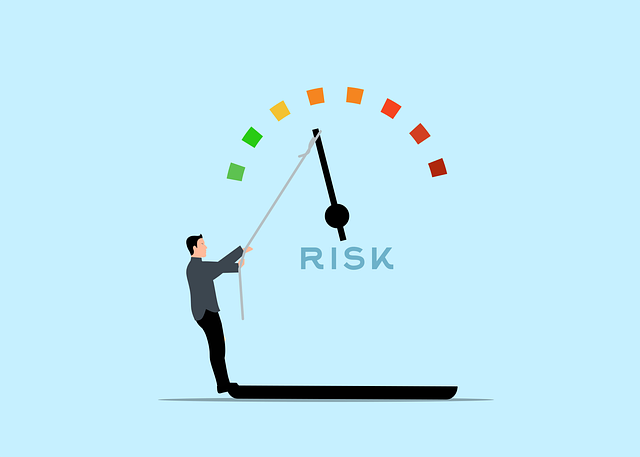
Contents
and Healthy
It’s important that we keep food safe and minimize our food risks to stay healthy and healthy. Here, we will provide you with some essential tips and tricks that will help you to ensure that you are eating only the best and safest food.
Consume Locally Sourced Products and Avoid Risky Foods
Consume locally sourced products as much as possible: research the farmers that produce your food and the safety standards they use to make sure they align with your expectations. Eating local foods also reduces your ecological footprint, reduces air miles, and helps your local economy. Additionally, try to avoid risky foods that may contain harmful bacteria and chemicals, such as raw eggs, unprocessed meat, or raw seafood.
Make Sure Food is Properly Stored and Don’t Reuse Expired Foods
Proper storage is essential for keeping food safe. Keep cold foods cold and hot foods hot, and be mindful of the temperature of food when cooking it. Don’t overfill your refrigerator and ensure that the air circulation is strong enough to maintain a safe temperature. Additionally, don’t reuse expired foods. This could put you at a higher risk for food-borne illnesses.
Cook Food Thoroughly and Use Quality Ingredients
It’s important to cook foods thoroughly to avoid food-borne illnesses, so be sure to follow the instructions on packaged food regarding the cooking temperature and time. Check to make sure that your food is cooked through by using an instant-read thermometer. Additionally, it’s best to use quality ingredients to reduce the presence of any potentially harmful chemicals or bacteria.
Be Mindful of Cross-Contamination and Wash Hands and Food Items Properly
Cross-contamination is one of the major contributors to food-borne illnesses, so be sure to separate your raw and cooked foods, as well as use a different cutting board for raw and cooked food items. Additionally, make sure to thoroughly wash your hands and food items before and after cooking, and clean all surfaces that come into contact with food.
Conclusion
By following these essential tips and tricks, you can easily make sure that you are consuming only healthy, safe, and nutritious foods. Doing so will help ensure that you maintain your health and wellbeing for the long-term.
keywords: Food Safety, Food Risks, Healthy Eating, Local Foods, Cross-Contamination, Quality Ingredients, Food-Borne Illness, Expired Foods.
